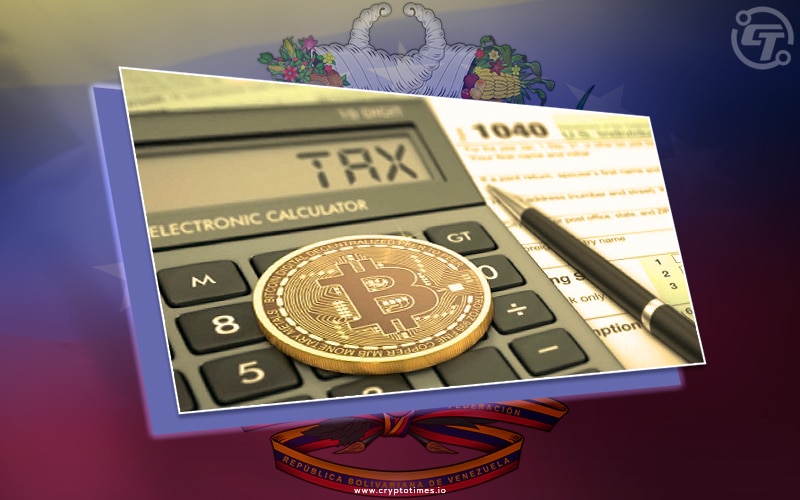In Brief:
- Currencies other than Bolivar and Petro taxed from 2% to 20%.
- To be called the “large financial transaction” tax with its collection tax rate at 2.5%.
- Largely aimed at upvaluing the national currency.
The rise of digital currencies in Venezuela has spawned a new industry that converts cheap energy into valuable Bitcoin. But the efforts of surviving the hyperinflation through digital currency heads south with the approval of the draft bill by the Venezuelan government to impose a tax of about 2% to 20% on transactions other than the Venezuelan Bolivar and the country’s oil-backed crypto, El Petro, without a limited quantity, depending on the nature of it and the companies or persons making them.
The percentage to be paid will be established by the National Government after the official publication of the law, but in its first application, it will collect 2.5% on these payments.
The bill read that it is necessary to guarantee treatment at least equal to, or more favorable, to payments and transactions made in the national currency, clearly indicating the intentions of the said government.
The “large financial transaction” tax is intended to encourage the use of the national currency which reportedly lost over 70% of its value last year alone and shed nearly all its value over the past decade.
However, according to Jose Guerra, a Venezuelan economist, this will be a hit to the pockets of Venezuelans who store their savings in foreign currency and cryptocurrencies.
“It must be recognized that foreign currency has solved part of the cash problems, reserves of value, and savings of everyone in the country. Also crypto assets, to a certain extent. Making this decision is trying to privilege one means of payment over another,” said he.
Previously reported by The Crypto Times, India introduced a 30% flat tax on ‘Virtual Digital Assets’ in its recent budget of Financial Year 2022-23.






